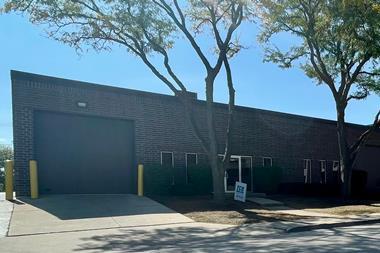US - Real estate loan failures at a large number of small and medium-sized US banks could destabilise the country's financial system and derail its economy recovery, according to the government body set up to monitor the unwinding of toxic assets.
The Congressional Oversight Panel (COP), established to report regularly on the progress of the US Treasury's Troubled Asset Relief Program (TARP), warned in its latest report that the section of the banking industry which did not undergo stress testing in 2009 poses the biggest danger.
COP outlined the worst case scenario as the insolvency of hundreds of community and mid-sized banks, in turn leading to the disruption of local communities and an undermining of the economic recovery.
The panel estimated that approximately $1.4trn (€1.03trn) of commercial real estate loans will mature between 2010 and 2014, with the biggest losses projected from 2011 onward.
It also estimated the losses could range as high as $200-$300bn.
That said, stress tests conducted at 19 major banks in the US only examined their capital reserves up until the end of 2010 so the figures could be far from those currently predicted.
COP noted that smaller financial institutions were exempt from the tests, "despite the fact that small and mid-sized banks are proportionately even more exposed than their larger counterparts to commercial real estate loan losses".
The panel has urged the US Treasury and US regulatory authorities to "address forthrightly and transparently threats facing the commercial real estate markets".
It said: "The coming trouble in commercial real estate could pose painful problems for the communities, small businesses, and American families already struggling to make ends meet in today's exceptionally difficult economy."
The report made no specific recommendations, but warned against not taking any action.
It said: "The Panel is clear that government cannot and should not keep every bank afloat. But neither should it turn a blind eye to the dangers of unnecessary bank failures and their impact on communities."












